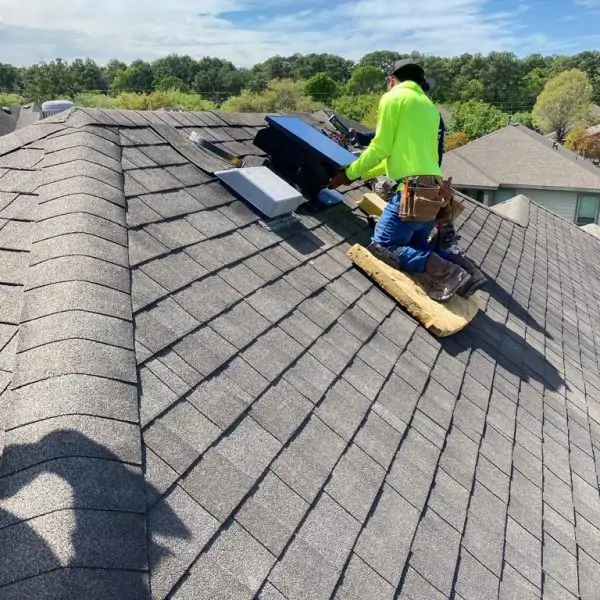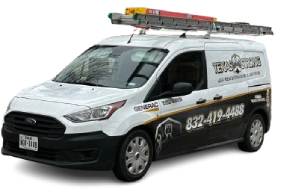
Home comfort requires more than temperature control! Selecting an HVAC system should improve the quality of living, air quality, and energy savings. Not every residential HVAC system offers equal benefits – each type has different advantages that may suit different homeowner requirements.
So how can you choose wisely? Let’s delve deeper into this fascinating world of residential HVACs! In this blog post, we will see how to simplify HVAC research by offering comprehensive information about various systems.
Understanding The Basics Of Residential HVAC Systems
HVAC (Heating, Ventilation, and Air Conditioning) is about three functions often combined into a single system in modern homes. A quality residential HVAC system ensures your home stays warm during winter while keeping the air clean and fresh all year round. Besides, it will offer a cool and comfortable environment during the summer.
With technological advances and energy efficiency, residential HVAC systems have expanded beyond furnaces and air conditioners. Now homeowners have access to various options, each with its advantages for use in their homes.
Different Types Of Residential HVAC Systems
Various residential HVAC systems are available for different requirements. Let’s have a look below to understand them:
Central Air Conditioning
Arguably the most widely used residential HVAC system in the US, central air conditioning uses ducts to deliver cool and dehumidified air to each room. The benefits of central AC include even cooling all rooms in your house and being compatible with programmable thermostats for energy management.
Ductless Mini-Split Systems
Ductless mini-split systems offer homeowners who lack ductwork or wish to cool specific rooms within their homes an excellent solution for cooling. These systems include an outdoor compressor unit and one or more indoor air handling units. Their advantages include individual room control, which increases comfort while decreasing energy waste, and easy installation.
Heat Pumps
Heat pumps have become an increasingly popular residential HVAC system choice due to their energy efficiency. Capable of both heating and cooling services, heat pumps take heat directly from air or ground sources and move it inside or outside, depending on the season. It makes heat pumps an eco-friendly HVAC choice for any season.
Hybrid HVAC Systems
Hybrid HVAC systems combine heat pumps’ energy-saving properties with the comfort and reliability of traditional furnaces. It provides an ideal balance of energy efficiency and comfort. These hybrid HVAC systems automatically switch between these components depending on weather conditions to achieve an optimum mix between energy saving and comfort.
Geothermal HVAC Systems
Geothermal HVAC systems take advantage of the consistent temperature of the earth for maintaining the temperature of your home. While upfront costs may increase over time, these energy-efficient systems offer significant savings thanks to their energy efficiency and longer lifespans than traditional alternatives.
Considerations When Selecting A Residential HVAC System
Some points need to be considered when you choose a residential HVAC system. Below are some following essential factors:
Home Size and Layout
Your home’s size and layout will play an integral part in selecting an HVAC system to heat and cool it. The larger homes could get more benefits from central AC or hybrid solutions. On the other hand, smaller properties with unique layouts may prefer ductless systems or heat pumps instead.
Climate
It is also an important consideration when selecting, as heat pumps perform best in moderate climates, while they may struggle in regions with extreme temperatures. Geothermal systems, however, offer more versatility since their operation relies on maintaining consistent underground temperatures.
Energy Efficiency
While an energy-efficient residential HVAC system may incur higher upfront costs, it will pay off in lower energy bills. When shopping around for systems with a high Seasonal Energy Efficiency Ratio (SEER) or Energy Efficiency Ratio (EER), you can maximize savings and ensure maximum ROI.
Cost
Consider both initial and ongoing costs when choosing your system. A cheap system might seem like a great deal in the short term. But it could cost more due to higher energy bills and maintenance expenses in the long run.
Conclusion
Selecting the ideal residential HVAC system for your home can have lasting ramifications on comfort and budget. You can make an informed decision by being aware of different systems’ features and benefits and taking your needs and circumstances into consideration. With so many systems on the market today, your perfect system may exist elsewhere!
If you want to know about one of the best HVAC service providers, Texas Mechanical Air Conditioning & Heating is the perfect business! We are providing feasible HVAC solutions to everyone.




